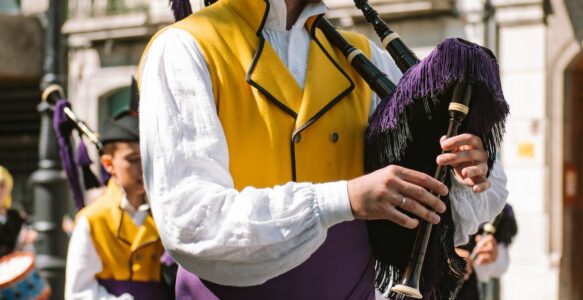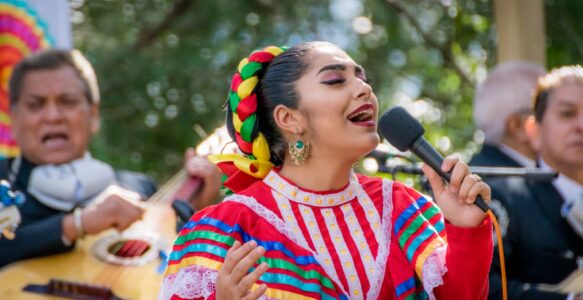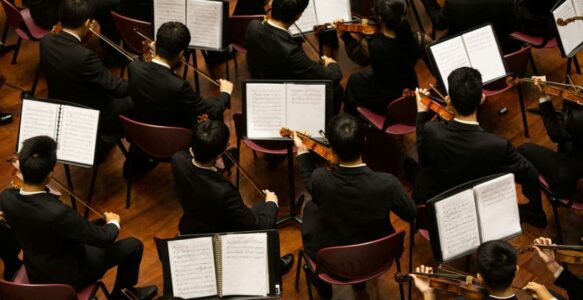Open-Air Festivals: Where to Go for Unforgettable Experiences
When the weather is warm and the soul longs for freedom, music, and adventure, open-air festivals become the perfect way to break away from everyday life. Attending a festival means more than just listening to music or watching a vibrant show — it’s about immersing yourself in a festive atmosphere and feeling like part of a vast cultural event. For residents of Portugal and those planning a trip around Europe, countless opportunities await — from sunny beaches to picturesque mountains, from electronic beats to folk melodies. In this article, we’ll explore which festivals are truly worth visiting in 2025 and why.
Why Choose Open-Air Festivals
An open-air festival is always more than just a concert. It’s a unique format that brings together music, nature, gastronomy, and social interaction. Open spaces create a special atmosphere of freedom and lightness. People come not only for the performances but also for new friendships, unusual experiences, and the chance to see artists in an unconventional setting.
These festivals have gained particular importance in the post-pandemic period: they are held outdoors, often in a limited format, with reinforced safety measures. Additionally, they provide an opportunity to discover new corners of the world, as many events take place in remote and scenic locations.









